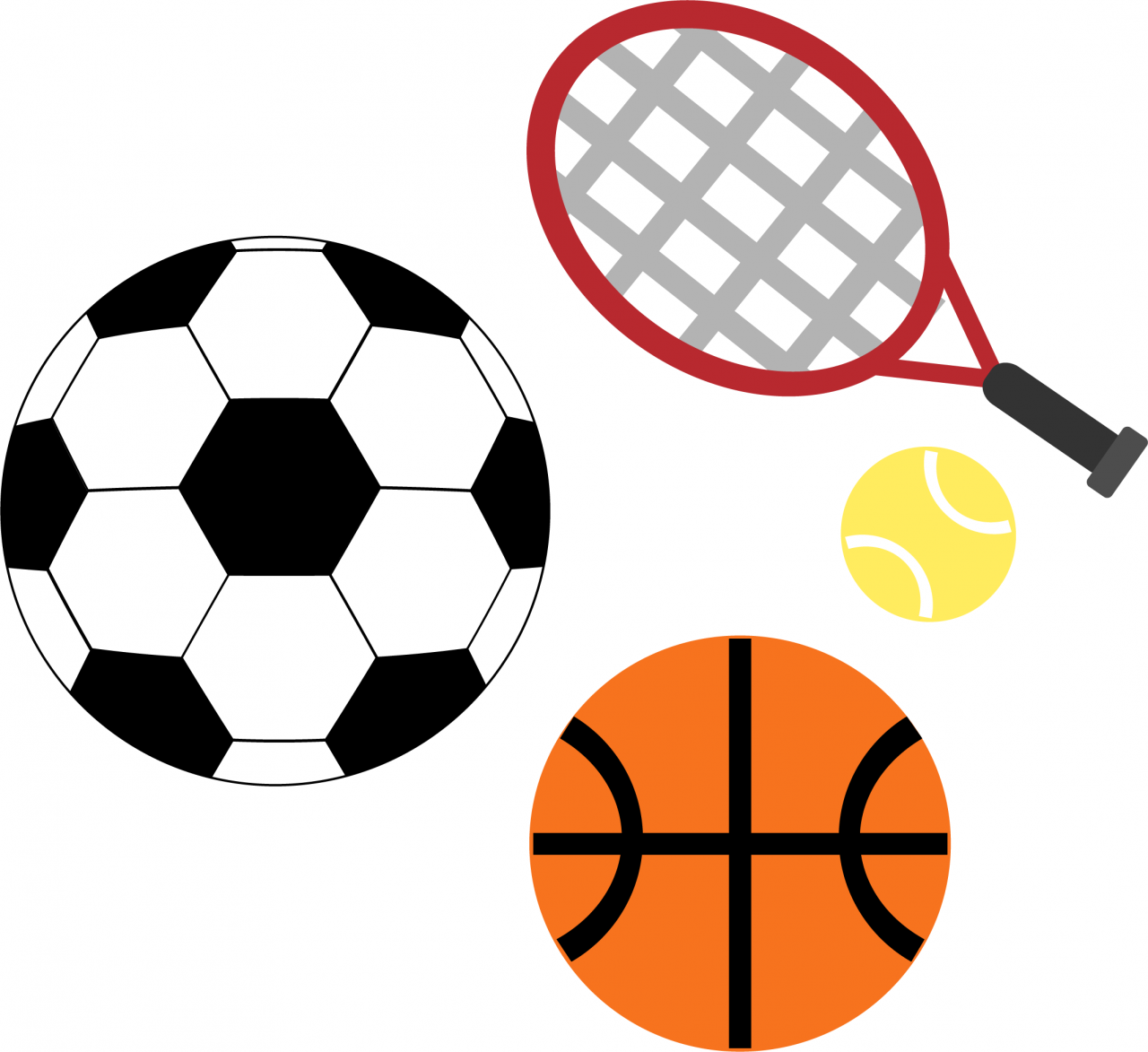Illustration by Gabrielle Rodriguez
As the Fall 2020 semester approached, many universities and students were hoping to return to normal campus life after the Spring 2020 semester came to a screeching halt. However, because of increasing COVID-19 cases and the lack of a vaccine, Trinity and many schools across the country have been forced to make adjustments in the classroom and on the field.
On July 16, 2020, the Southern Collegiate Athletic Conference (SCAC) released its announcement stating that National Collegiate Athletic Association (NCAA) Fall 2020 competition would be canceled due to safety concerns surrounding COVID-19. For many at Trinity, sports are an integral part of their Trinity experience, and the announcement, particularly for seniors, was extremely difficult to hear.
“At first, it didn’t feel real. Like at any moment, I would wake up and realize it had all been a bad dream… I understand why the call was made to cancel sports, it doesn’t lessen the impact of that call though,” said Jordan Juran, senior cross country runner.
Trinity is hoping to provide its student-athletes with as close to a typical fall season as possible by allowing practices and training to continue. Additionally, there is hope for being able to resume conference games in the spring of 2021.
Justin Parker, Associate Athletic Director and Director of Sports Information, made it clear that Trinity Athletics is subject to all the rules and regulations that any other department is facing.
“Our top priority is the health and safety of our student-athletes,” Parker said.
Fall training is set to begin September 8; however, this is dependent on various factors. Typically, before a season starts, medical paperwork and physicals must be conducted before athletes are officially allowed to train. Because of COVID-19, physicals are being done much slower to reduce the risk of exposure. Without a medical release, athletes aren’t allowed to train, so these new safety measures could push the date back.
Furthermore, this date is also dependent on COVID-19 requirements. As students return to campus, the number of positive tests or any new regulations put into place by Trinity could impact this start date. According to Parker, the department will be closely monitoring the positivity rate from campus testing.
“[A positive result] should only affect that player and the players who [they have] been in close contact with around the time of the positive test. That may or may not include the entire team,” Parker said.
Those testing positive would be subject to the regulations any other Trinity student must follow, such as self-quarantine. This would impact that specific player’s ability to practice but may not stop the rest of the team, depending on test results.
Training will be altered to create the safest possible environment. The National Collegiate Athletic Association (NCAA) released a report outlining suggested resocialization strategies. The report includes mask recommendations, social distancing measures as applicable to the sport and testing policies.
Head volleyball coach Julie Jenkins was able to outline some specifics of what these will look like at Trinity. It’s important to note that all of these are under consideration but have not yet been made official.
“No one will be using locker rooms. [Athletes must] shower back at [their] apartment or [their] dorm room. We’re still doing laundry but going to have makeshift for everything,” Jenkins said.
The training room will no longer be just one room where all athletes congregate. There will be makeshift smaller training rooms placed around the Bell Center and possibly some outdoor areas for outdoor sports like soccer.
“[We] have been very comprehensive in the development of practices that support a safe training environment for staff and student-athletes,” head strength and conditioning coach Daniel Martinez said.
In terms of masks, the NCAA reiterates the importance and effectiveness of masks. It states that ideally, athletes should wear masks throughout the sport; however, it recognizes that this is not entirely feasible during strenuous exercise.
“[Athletes] don’t have to wear a mask while training but if they come off the court to speak with the coach [they] have to put [their] mask right back on… [and] coaches will have their mask on at all times,” Jenkins said.
There will be a maximum of 50 people allowed in the Sports Performance Center (SPC), but most sessions will be below that to ensure safety. Masks will be required, and session plans will be altered to minimize equipment sharing. Outdoor spaces will be used when necessary and for warm-ups, and after each training session, a scheduled clean-up will occur.
Sports at Trinity, just like so many aspects of everyday life, will look very different this fall. However, Tiger athletes see the bright side beyond all the necessary changes.
“[We] will approach this odd season feeling more grateful than ever,” senior volleyball player Avery Tuggle said. “Simple things like a team huddle and a full locker room might not be something we’re able to do for a while but everyone is eager to get back to the court regardless… We’re lucky that we’re able to practice and prepare for whatever is next.”





